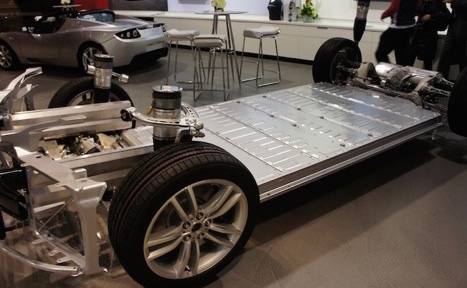Tesla has been pursuing its production share of its vehicle components for some time. A very ambitious strategy that has now focused on the most expensive part of electric cars, batteries.
This project, called “Roadrunner,” seeks the independence of the manufacturer, which now depends on its Panasonic partners and other companies such as LG or CATL. A market too big to leave everything in the hands of third companies.
Filtered documents sent by Tesla to Fremont City Council show plans to put a battery production line into operation at the Elon Musk plant in the Californian city.
Also, these permission applications indicate deadlines to put the facility into operation well before expected, and Tesla plans to have this line ready in just three months. Something that would mean being able to start an initial phase of battery production around the month of September-October, with a total of 470 employees.
What news can we expect from the “Tesla Battery Day”?
This temporal plane would coincide in time with “Battery Day.” An event that will take place on September 15 where Tesla will present the news of its work with the new batteries that promise to improve capacities and lower costs. Something that would undoubtedly help to have your production.
Among the rumors about these batteries stands out one that indicates they will use the technology of Maxwell, the Canadian research team led by Jeff Dahn (who has recently patented a liquid electrolyte technology with double additive) and Tesla’s developers. Initially, the new batteries will also have a long lifespan (an estimated 1 million miles).
Besides, Tesla will implement improvements in the modules (which will disappear) and in the packaging of the batteries. For example, the firm would be studying to dispense with the connections by cables in the cells, betting on laser welding. Something that will translate into a reduction in product prices.
A movement that will also have its medium-term impact on factories in China and Germany, where in addition to cars, Tesla will also manufacture batteries from 2021. Batteries that could already be Tesla’s own with the impact on the cost of manufacturing of increasingly profitable units.

